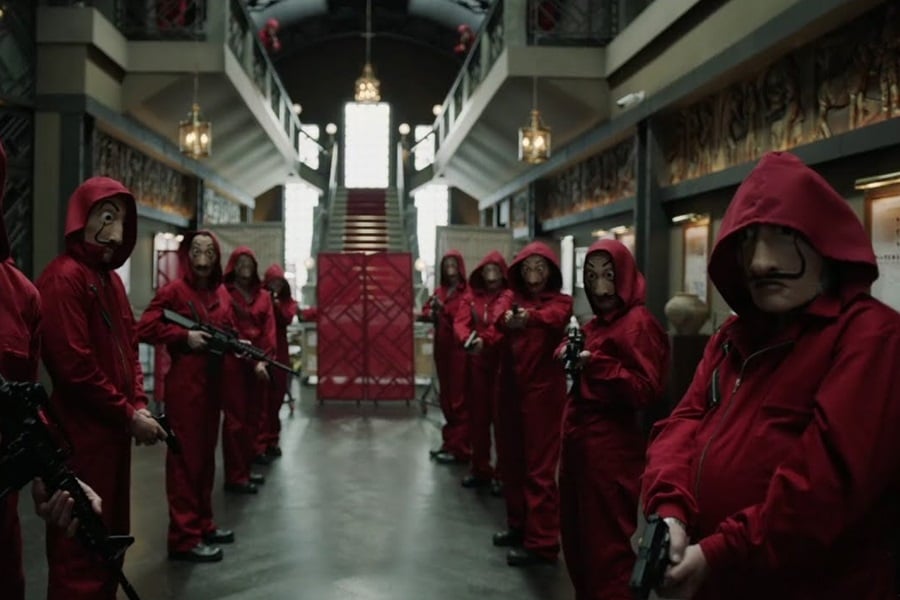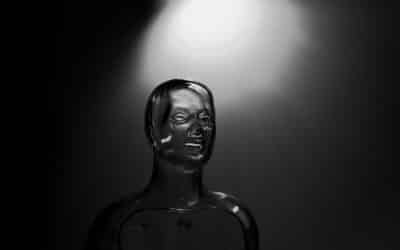
Changes in Crime TV Series
Crime TV series have changed, and not in the way your grandma used to say about the price of milk. It’s a more profound transformation, the kind that makes you rethink your couch potato habits. Once upon a time, these shows wrapped up neatly within an hour, like a perfect little gift box, but now they’re sprawling, complicated beasts. And that’s just the start.
Take complex characters and anti-heroes. Remember when detectives were like moral compasses with guns? Now, we have characters like Rust Cohle from “True Detective.” Played by Matthew McConaughey, Cohle isn’t just solving crimes; he’s philosophizing about the futility of existence while sipping on cheap whiskey. He’s a man on the brink, dragging us along as he teeters between brilliance and madness. Then there’s Idris Elba’s John Luther in “Luther,” a detective who’s as likely to throw a suspect through a window as he is to solve a case. These characters are walking contradictions, making us question whether we should root for them or run from them.
Serialized storytelling is the new black. Remember when you could miss an episode of your favorite crime show and still know what was going on? Those days are gone. Shows like “Broadchurch” stretch a single investigation over an entire season, peeling back layers of the town’s secrets one agonizing episode at a time. Each twist makes you realize how little you actually know, turning you into a conspiracy theorist with a Netflix subscription.
And let’s talk about diverse perspectives. Crime TV has finally started reflecting the world outside your window. “Top of the Lake,” with Elisabeth Moss as a detective in New Zealand, dives into gender dynamics and power struggles. It’s not just about solving crimes; it’s about understanding the societal undercurrents that lead to them. And then there’s “Queen Sono,” Netflix’s first African original series, where we follow a South African spy. It’s like James Bond got a reality check and started caring about corruption and social justice.
Technological and forensic realism have also had a glow-up. Remember “CSI: Crime Scene Investigation” and its glamorous lab techs solving crimes with a few clicks? Now we have “Mindhunter,” which is like taking a course in criminal psychology with a side of nightmares. This show delves into the early days of the FBI’s criminal profiling unit, portraying real techniques and making you wonder if you should double-check your locks tonight.
Globalization has brought international crime dramas into the limelight. Shows like “Money Heist” (La Casa de Papel) from Spain have made subtitles cool again. It’s a heist series with a socio-political twist, making us question who the real criminals are. And then there’s “Gomorrah” from Italy, offering a gritty look at the Neapolitan mafia. It’s so raw and real that you can almost smell the espresso and gunpowder.
Crime TV series aren’t just entertainment anymore; they’re intricate explorations of human nature and society. The heroes are flawed, the stories are expansive, and the perspectives are refreshingly diverse. The genre has moved from simple whodunits to complex narratives that make you think, feel, and sometimes even squirm. It’s a dark, brooding evolution, the kind that makes you appreciate the complexity of the human psyche while you binge-watch from the comfort of your sofa.
More Si-fi Thriller Features
Time Travel Elements
The Machine, Busting the Space-Time Continuum, and Immortality
Space Opera Thrillers
Nail-biting tension in worlds of spaceships and doom
Artificial Intelligence in Thrillers
AI and Identity in Thrillers



